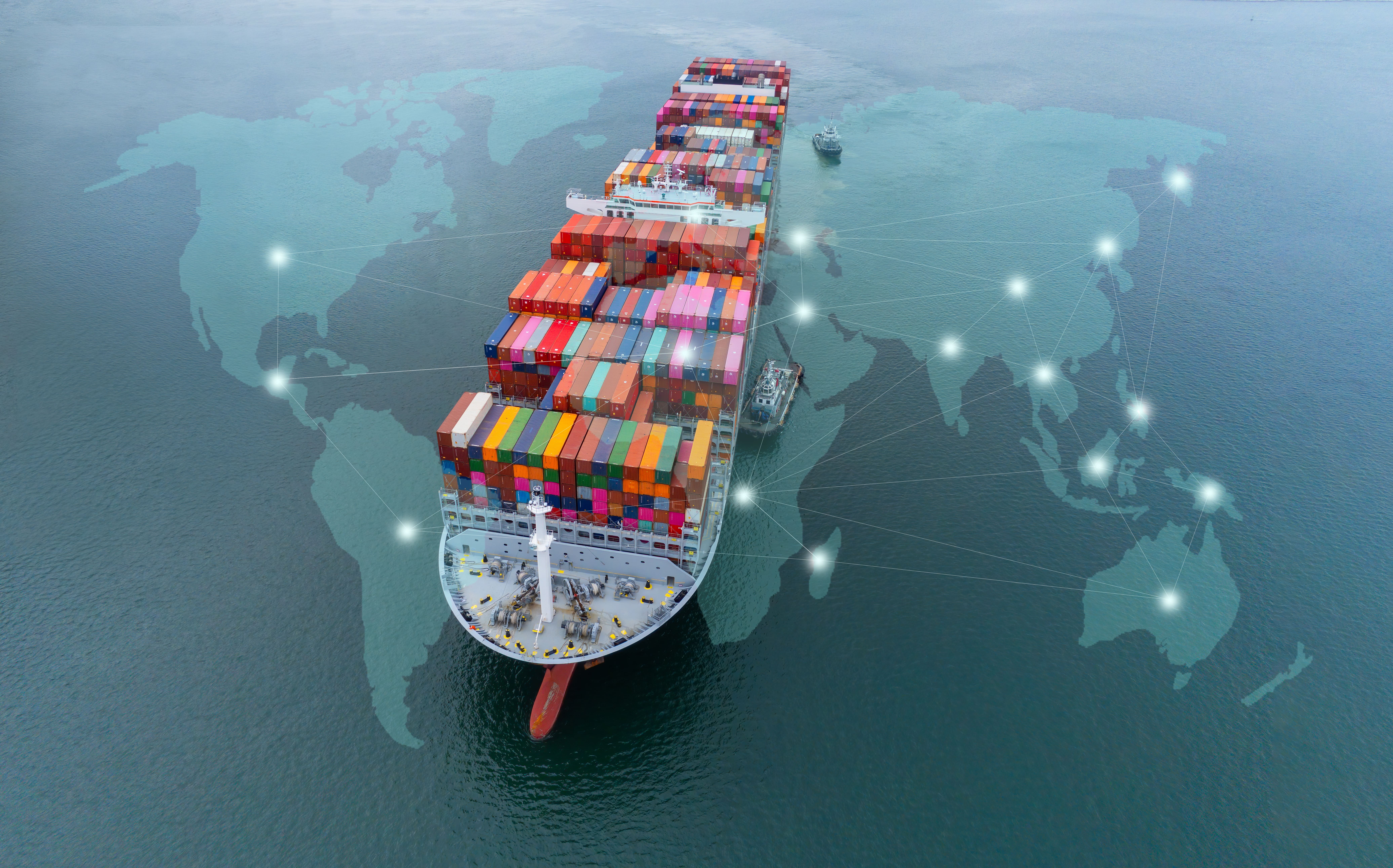
Russell attended a number of these events, starting with the Willis Geopolitics of Shipping conference held in its auditorium opposite the Lloyd’s of London building. Delegates heard that the main threats on the horizon are tariffs (number one), subsea infrastructure, domestic and international tax rules, red sea claims inflation, spoofing, decarbonisation, and the shadow fleet.
Gordon Carera, Journalist at the BBC and presenter of The Rest is Classified Podcast provided much food for thought in his talk, which was entitled Cascading Risks – Navigating an Uncertain World.
On his risk register are the following:
He talked about advanced chip manufacturing and restrictions on rare earth exports, which expose US supply chain dependencies. In his view, Chinese exports will likely not diminish but just move elsewhere.
In the digital world there are new digital arenas of risk such as TikTok informational exposures to think about. Countries are making plans to try and achieve sovereign AI capability – e.g. US, China and, perhaps surprisingly, the UAE which is becoming a leader in this field.
He mentioned the P Doom probability test, which currently states that, according to the “Tech Bros” there is a 15-20% chance of AI taking over the world. The chances of a US war with China, meanwhile, is “merely” 15%.
Other areas to think about include demographic risks and the democratic deficit in the West and further afield. The main takeaway is that risks are not distinct, they merge in a way that compounds the effects of today’s threats. In other words, connected risk.
The Willis session outlined increasing “greyzone” aggressions by countries such as Russia, North Korea and Iran, which often operate below the threshold of overt military aggression so are much harder to counter. The expansion of the shadow fleet, the hybrid threat, spoofing, cyber, jamming targeting fleets, and the risk of underwater internet cables interference present a growing list of exposures to add to companies’ risk registers.
Bloomberg event – Navigating the future of global shipping
Geopolitical tensions are increasing “ton mile demand” and a rational order book would push rates higher as we head into peak demand, which is being led on the oil front by Saudi Arabia increasing production goals set by OPEC +. Other factors that reflect the increases include the re-routing of ships to avoid the red sea, and additional demand, which have altered global ship capacity, and affected the supply and demand balance.
A Fireside chat with one shipowner revealed that his business has not ordered very new ships recently as their fleet is relatively modern. They are taking a wait and see approach, and they also prioritising paying down of debt. Other shipowners said the same thing.
Another shipowner, who provided a positive case study for insurance, explained that his business had two ships off the coast of Ukraine at the start of the Russia conflict, two of which were returned, however, the third vessel was lost. The maritime firm claimed on the insurance and were pleased to receive an extra $20 million as part of their valued policy, in which the insured and the insurer agree in advance on a fixed amount that will be paid in the event of a total loss, regardless of the actual market value at the time of the loss.
This is common in marine insurance, where the value of the ship or cargo is agreed upon and stated in the policy. The shipowner revealed that he expects insurance rates to go up but modestly explained that he was no expert so would not comment beyond that.
Jamie Rusk, Bloomberg Director of Global Economics began his session by posting the question: what are the forces driving today’s global economy? These forces are, in his view:
We are now back to 1930s US isolationism. The biggest trade losers – by far – are China, Brazil, India and South Africa – the BRICs, but there no real winners. There has been a $2 trillion global hit but at only 1.5% of global GDP, this is not enough to cause a global recession because the inflation outlook is relatively benign and for advanced countries the worst is probably over. That could easily change, however.
The big picture is that businesses are experiencing a more multi-polar, less capitalist global economy. By 2025, the advanced western economies will only account for 25% of global GDP as trade moves from Northwest to East and South.
The China-Philippines relationship is therefore geopolitically important because the Philippines is seen as a US security partner. Expect tensions to rise, with Philippine ports coming under pressure, so trade exposures at those hubs must be better understood. The South China sea has $4 trillion of goods sailing across it so textiles, electronic goods, vehicles, mining and energy trade must also be quantified.
The rules of the game are changing but the actual experience has not been too shocking compared with the past. The troubles in the Middle East for example have not resulted in an oil shock like in the 1970s and 80s.
A major feature of post war globalisation was money getting cheaper - as baby boomers managed to save, interest rates went down, now boomers are spending their savings. Demographics are the thing that changes everything – China has added 1 billion to the workforce.
Cold War 2.0 has pushed down interest rates but that looks likely to reverse as China revises its policy on global US Treasuries, while increased defence spending all round will add to inflation, which means that the long-term outlook for interest rates is that they will be higher than in the last few decades.
We are entering a period of radical uncertainty.